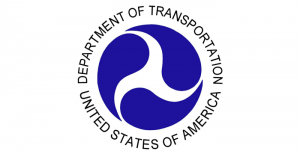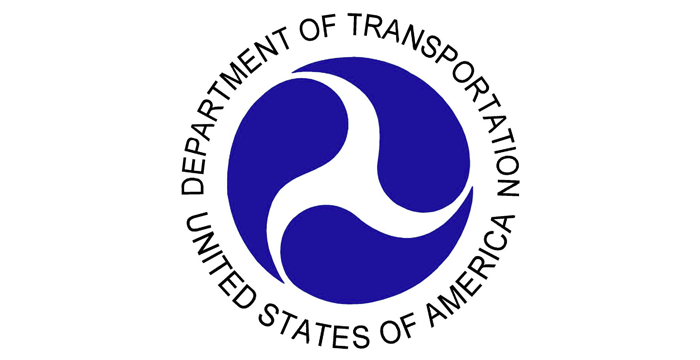 The U.S. Department of Transportation’s National Highway Traffic Safety Administration and the Insurance Institute for Highway Safety this week announced a historic commitment by 20 automakers representing more than 99 percent of the U.S. auto market to make automatic emergency braking a standard feature on virtually all new cars no later than NHTSA’s 2022 reporting year, which begins Sept. 1, 2022.
The U.S. Department of Transportation’s National Highway Traffic Safety Administration and the Insurance Institute for Highway Safety this week announced a historic commitment by 20 automakers representing more than 99 percent of the U.S. auto market to make automatic emergency braking a standard feature on virtually all new cars no later than NHTSA’s 2022 reporting year, which begins Sept. 1, 2022.
Automakers that have committed to the new standard include: Audi, BMW, FCA US LLC, Ford, General Motors, Honda, Hyundai, Jaguar Land Rover, Kia, Maserati, Mazda, Mercedes-Benz, Mitsubishi Motors, Nissan, Porsche, Subaru, Tesla Motors Inc., Toyota, Volkswagen and Volvo Car USA.
According to NHTSA and IIHS, this unprecedented commitment means that this important safety technology will be available to more consumers more quickly than would be possible through the regulatory process.
AEB systems help prevent crashes or reduce their severity by applying the brakes for the driver. The systems use on-vehicle sensors such as radar, cameras or lasers to detect an imminent crash, warn the driver and apply the brakes if the driver does not take sufficient action quickly enough. NHTSA estimates that the agreement will make AEB standard on new cars three years faster than could be achieved through the formal regulatory process. During those three years, the commitment could prevent 28,000 crashes and 12,000 injuries, according to IIHS estimates.
NHTSA and IIHS also announced that Consumer Reports will assist in monitoring automaker progress toward meeting the AEB commitment.
The commitment will make AEB standard on virtually all light-duty cars and trucks with a gross vehicle weight of 8,500 lbs. or less beginning no later than Sept. 1, 2022. AEB will be standard on virtually all trucks with a gross vehicle weight between 8,501 lbs. and 10,000 lbs. beginning no later than Sept. 1, 2025.
As NHTSA continues its regulatory work in this area, NHTSA will track the progress industry is making towards its commitment. To encourage further development of AEB technology, NHTSA will accelerate its research on more advanced AEB applications, including systems that reduce the risk of collisions with pedestrians. In December, NHTSA announced plans to rate AEB systems and other advanced technologies under its 5-Star Safety Ratings beginning in model year 2018.











